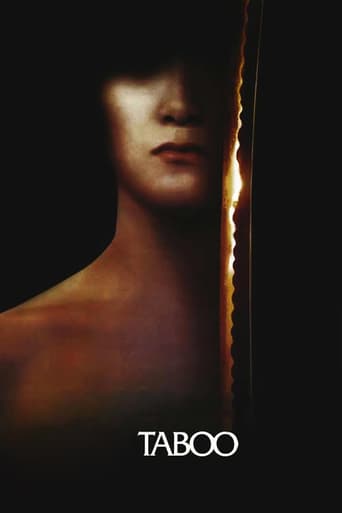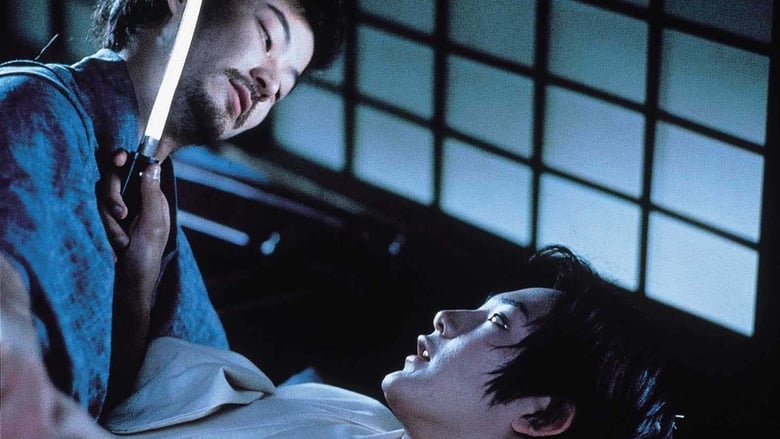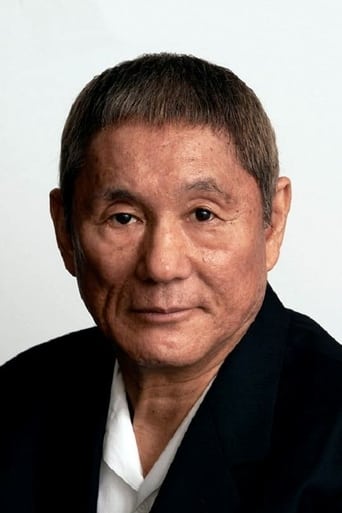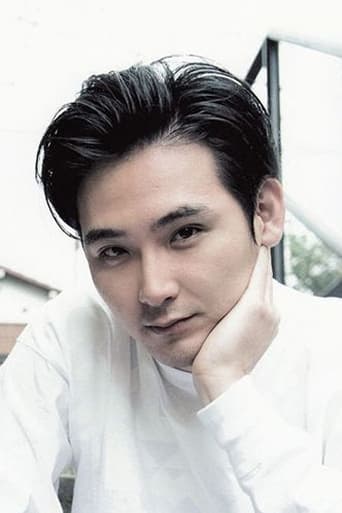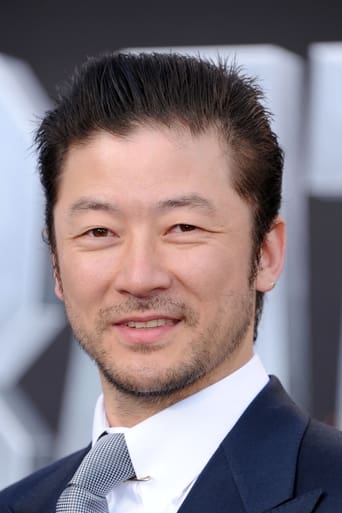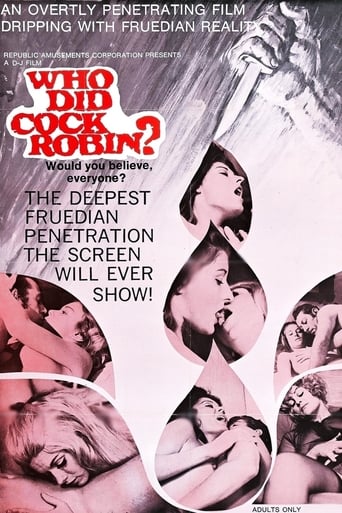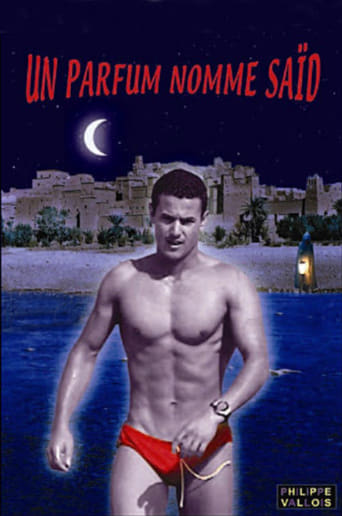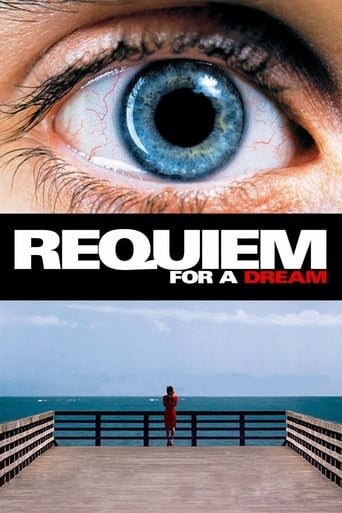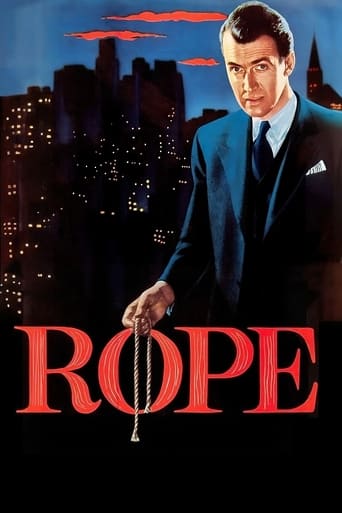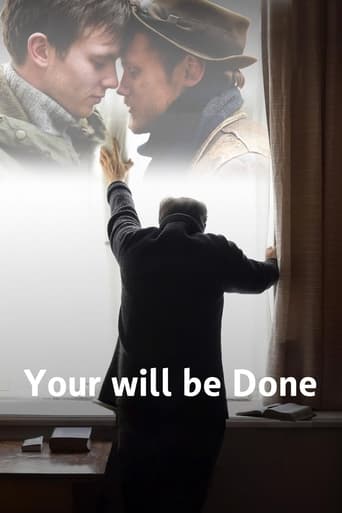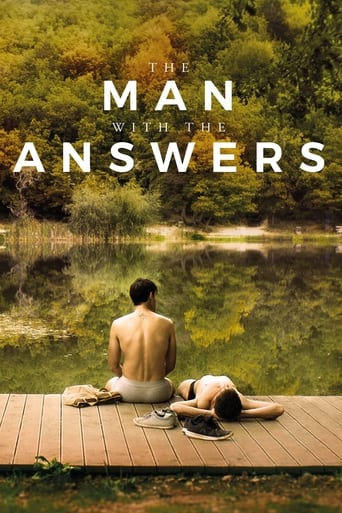Taboo (1999)
Set during Japan's Shogun era, this film looks at life in a samurai compound where young warriors are trained in swordfighting. A number of interpersonal conflicts are brewing in the training room, all centering around a handsome young samurai named Sozaburo Kano. The school's stern master can choose to intervene, or to let Kano decide his own path.
Watch Trailer
Free Trial Channels
Cast


Similar titles
Reviews
Absolutely brilliant
It isn't all that great, actually. Really cheesy and very predicable of how certain scenes are gonna turn play out. However, I guess that's the charm of it all, because I would consider this one of my guilty pleasures.
if their story seems completely bonkers, almost like a feverish work of fiction, you ain't heard nothing yet.
A lot of perfectly good film show their cards early, establish a unique premise and let the audience explore a topic at a leisurely pace, without much in terms of surprise. this film is not one of those films.
Oshima has long had a fascination with the disruptive impact of sexuality in society - the story of a beautiful young swordsman and his impact on a closed warrior caste is an obvious topic for him.The movie starts very promisingly, with some beautifully filmed and dramatic scenes showing the selection and training of the warriors. But for me the movie rapidly lost its momentum and became confused and incoherent and ultimately unsatisfactory. The acting is highly uneven in quality and tone and some scenes are almost laughably badly directed (such as a highly stage bound scene where two warriors attempt to set a ladder down a very small drop). In many sections the action is filled out by ponderous and pointless voice-over narrative - usually the last resort of the unimaginative film maker.If this was by some unknown director I'd just put it down to an overambitious but untalented film maker, but clearly this can't be the case with Oshima. I found myself struggling to see what he was trying to say - is this simply a story about a handsome but vacuous and possibly psychopathic young man who causes havoc by exploiting the homosexual urges of some warriors? Is it a meditation on how beauty without depth draws men to destruction? Or is Oshima trying to say that homosexual desire and comradeship among men are intricately bound together? Its probably all of these things, but I found the story unsatisfactory and poorly thought out. Oshima makes a meal over the fact that even the 'straight' Samurai treat the boy (Kano) in a special way - he seems to think he's saying something profound here, but its hardly original to say that there are complicated emotions behind the feelings of comradeship and friendship between men. If I hadn't known this was made by a mature 'Master' film maker i would have thought it was an immature young artist thinking his banal thoughts are in some way profound and original when nothing could be further from the truth.I really wanted to like this movie - and I have thought a lot about this before writing this review as many people here (and respected critics such as Donald Richie) have loved it, and I keep thinking 'I'm missing something'. But I honestly feel that this is a poor movie by a film maker who is well past his best. The 'insights' are banal and clichéd and the overall execution of the movie is poor - the unevenness of the acting strongly suggests to me that the cast and crew were very unconvinced by the parts they were playing. I think its symptomatic of the long term decline of Japanese cinema that a movie like this that isn't remotely comparable to the numerous great Japanese films of the 20 years or so after the ending of WWII (including some by Oshima) should get such attention and praise.
This film has some promise at the beginning but doesn't deliver on it.It starts with hints that the main character has hidden motivations and is playing a deeper game than we are being shown.Kano seems to be hiding the extent of his abilities and his motivation for joining the militia, and then it just stops, these themes aren't really advanced any further.The plot just peters out without resolving anything or going anywhere.It is well acted and extremely stylish and the ending is good in a way but it just seems like there should have been more too it, I just found it boring and pointless.
Oshima's first film in 14 years after illness was apparently directed from a wheel chair, and it's tempting to locate some of its static, formal qualities in the personal restrictions faced by the director. But this cool, intense, and very Japanese piece is stylistically rooted in the country's cinematic past, while at the same time offering provocative work familiar characteristic of this director. In his most famous film, Realm Of The Senses (aka: Ai No Corrida), made 25 years ago, dangerous sexual activity was explicit. In Gohatto (trans: Taboo), things are far less in the open. The expression of sex has been replaced with its obsession although, for Oshima, the irrationality of arousal still remains anti-authoritarian, as it creates impulses that are hard to resist. For those more used to the straight samurai of old, Oshima's suggestions of cuddles beneath the kimono is a surprise (more outrage was generated in Japan, where it was felt more strongly that such suggestions ran against a proud tradition). One can never imagine stouthearted Toshiro Mifune, the most famous cinematic samurai from the previous generation, falling for another soldier and interrupting his role in Seven Samurai for a romp in the dojo. Cult actor/director 'Beat' Takeshi, here playing Captain Toshizo Hijikata, seems at first sight an odd choice for this sort of drama too, until one remembers the gay gunman he played so convincingly in Takashi Ishii's Gonin (1995). With his impassive face he reduces introspection to the reoccurring flicker of his (real life) tic, which, most aptly here, can suggest everything and nothing. Hijikata's internal narrative, first quizzical about Sozabura's lovers then perturbed about his effect on the garrison, suggests growing doubts resolved only in the final, memorable scene. In Gohatto, much of the interest of the film lays in the degree in which Sozaburo's beauty arouses the interest of the men around him. Some are openly attracted to him (notably Tashiro, who shortly attempts to climb into the bed with him). Others are on the edge, like Inspector Yamazaki, charged with taking him to the brothel in Shimabara to introduce the youth to women. Most are affected in one way or another; most enigmatically are Hojikata and his superior and close colleague Commander Kondo (Yoichi Sai). As Hojikata observes, "a samurai can be undone by a love of men." But then he wonders too "Why are we both so indulgent with Sozabura?" and Kondo's rectitude and conspicuous silence hides, we suspect, a greater interest in the youth than he might wish to admit. Oshima's visual scheme creates a film full of the bare, dark wood interiors of the militia base and the mud brown of uniforms, where just a few significant colours stand out. During the early beheading of the renegade samurai by Sozabuta, it is the red splash of the executed man's blood. At other times, Sozabuta wears a unique white robe (the Japanese colour of death). His is a presence and beauty shortly associated with a form of annihilation. In a place full of military men, that we see this feminine youth kill most often is no surprise. Compared to his contemporaries, he is the most adept at the sword unless fazed by romantic entanglements. It's an obvious irony that the object of homosexual affection is also the most deadly of the men; there's more in the fact that a group of iron-hearted soldiers can be so easily divided by an 'enemy' within, one neither fierce nor commanding. There's another mystery in Gohatto, besides who exactly is sleeping with Sozabuta and who wants to. It's who is the murderer of Yuzawa (Tomorowo Taguchi), and doubts as to the truth of the case persist. This, and the attempt to apprehend the intruders at the base ("they call these samurai?") provide the main impetus of the plot. Like so many great Japanese films of the past, Oshima's says a lot in restraint. Here the arrangement of seated figures within the frame can suggest unspoken tensions, order is paramount, and the use of the camera is elegant and discreet. Some see the resulting style dull, when it is a slower, more contemplative way of seeing the world, one where not every question is answered. What exactly is 'taboo' in Gohatto is clearly the issue of homosexuality - although confusingly for Western audiences such matters are not explicitly forbidden. Reference is made to the military code, which hangs on the barrack walls. Extracts appear on screen too, but no mention is made of prohibiting gay relations between soldiers. A man may be beheaded for illicitly borrowing money, but sleeping with his comrades at arms, while gossip worthy, is only really of concern when discipline is threatened. There "no secrets on Heaven and Earth (and) everyone knows it," says one of the intertitles, and Hojikata himself refers to the "tacit understanding" which normally keeps things in check. A policy which roughly equates to the modern American army's own "Don't ask, don't tell." The film is helped immensely by Ryuichi Sakamoto's incessant, metronomic score, the steady beat of which considerably amplifies the obsessions and drawn out tensions of events. Like Oshima's interiors, it is uncluttered music, the muted colours dashed with an occasional significant tone. Now and again, urgency and violence break into this world: the initial beheading scene, the murderer's attacks, or the sword battle by the river. As a package, the result readily deserves art house admirers - especially as the director saves the best scene for last, expressing both Hojikata's final position, and a main thread of Gohatto, with hardly a cut more than necessary. Recommended.
I like the music, the acting and the setting. The kendo matches pretty well done, you get to see lots of footwork too. Great camera, and finally an odd mix of sex, gore, action and humor all rolled in one that works so well. I didn't even notice the time flying when watchin this show so engrossed I was in it ^_^ This show is full of innuendos and symbolism. Lots of brainwork to be done here, no answers spoonfed. I found myself rewatching some scenes to gain a better understanding based on the setting, posture, clothes color, etc of the actors. Every little detail counts...Oh yeh for spoilers you should read the IMDb discussion boards, I posted my interpretations there as did many others. Like others say, there is a relatively rather ambiguous ending but if you pick up on all the clues along the way you'll understand it and then u get to appreciate the movie for being subtle and clever, saying without exactly saying.

